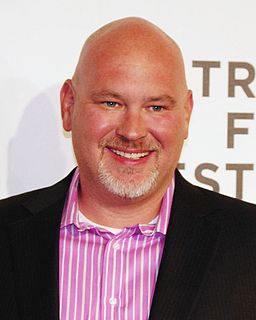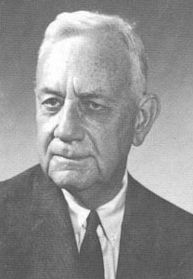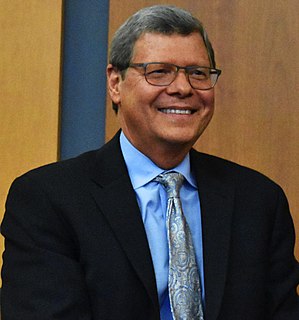A Quote by Rush Limbaugh
Ronald Reagan leaves in 1989, and that's when coincidentally I show up, and that's when all these internecine wars within the conservative movement, and then William F. Buckley died. That's when all these intramural, internecine wars began for primacy, dominance, smartest guy-in-the-room competitions began in the conservative movement.
Related Quotes
Back in 1980, the conservative movement was all-in for Ronald Reagan. Once Reagan won, they all wanted to be on the team. It was a landslide. Everybody wants to bask in that glow. And then as the Reagan years began, then the Republicans, certain members of the party began to individually fall out and start talking about problems they had, secretly telling the media they thought Reagan was a dunce and a danger to world peace, adopting the Democrat line that Reagan's finger on the nuclear button couldn't be trusted.
If you go to the right conservative places you'll find there's a huge argument about this among conservatives, particularly the conservative elites and the conservative intellectuals. There's always an argument among our people over who's the smartest person in the room and they're always trying to outsmart each other with the fanciest smartest most obscure argument. The fact is these arguments are taking place within the conservative movement I think quite a lot.
To the credit of the Republican Party and the conservative movement, people have been expelled or marginalized. Pat Buchanan in the '90s. Ron Paul, Rand Paul in the first decade of this century. Bill Buckley famously expelled the Birchers in 1964. It's been a movement that's tried to maintain its boundaries.
Reagan's enduring value as a conservative icon stems from his resolute preaching of the conservative gospel, in words that still warm the hearts of the most zealous conservatives. Yet Reagan's value as a conservative model must begin with recognition of his flexibility in the pursuit of his conservative goals.





























